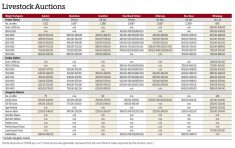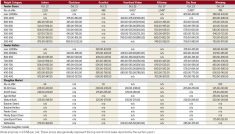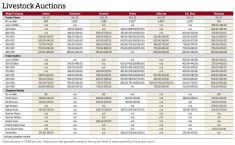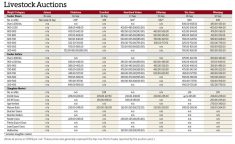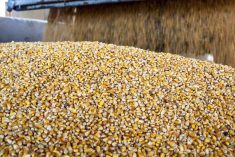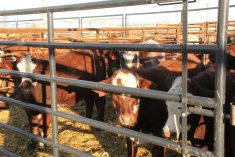The fall cattle run is getting underway across Manitoba, although good pasture conditions may delay movement as calves are left to gain pounds before coming to market.
Lightweight feeder steers under 500 pounds were generally trading at $400-$500 per hundredweight around the province’s auction marts, with feeder calves in the same weight range in the upper $300s, approaching $400 per cwt.
Prices for heavier yearlings were also strong but ran into resistance. Steers over 900 lb. topped out at just over $300/cwt, while heifers were generally in the upper $200s.
Read Also
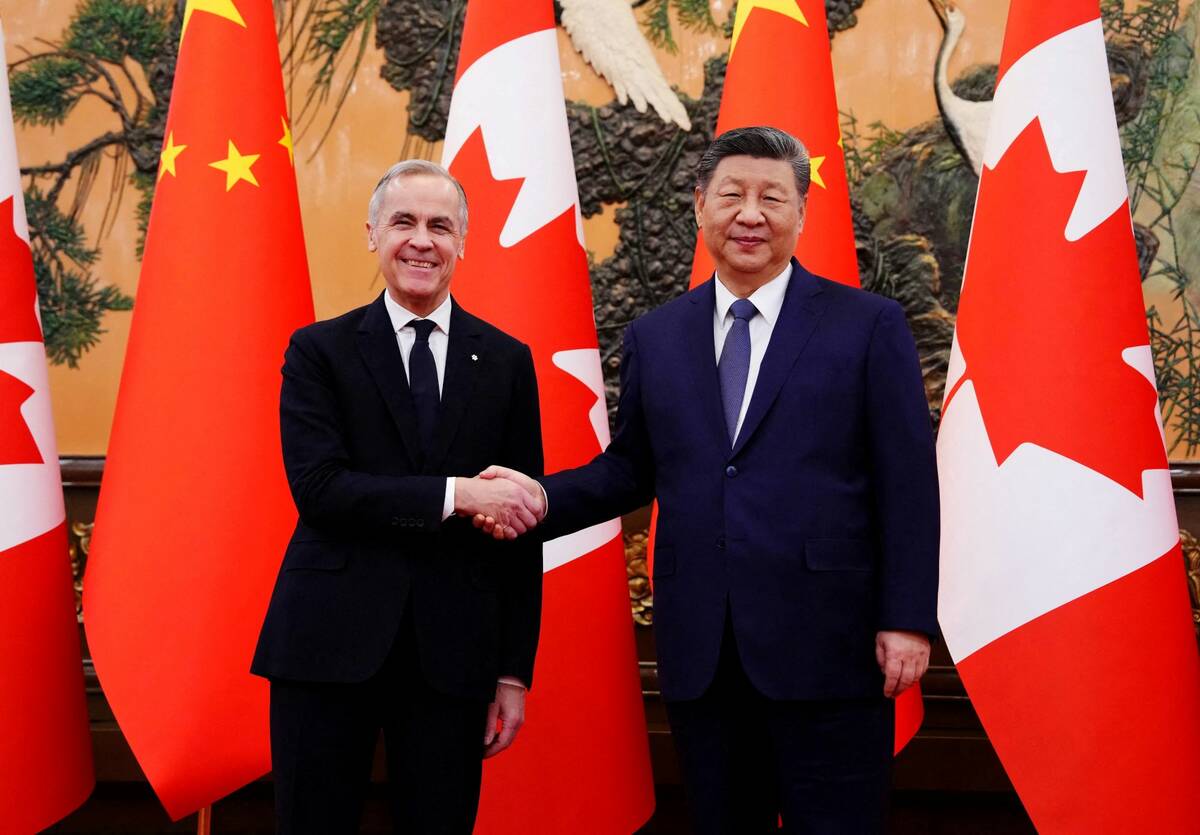
Market impacts of canola headlines need digesting
January 2026 has been quite the month for Canadian canola trade, how will it all ripple out in the market?
“The yearlings off the grass are steady, while the big confinement cattle are tougher to move (and have come) down in price over the past two to three weeks,” said cattle buyer Rick Wright of Rick Wright Cattle Consulting.
Contracts for spring fat cattle are not as aggressive as some in the industry had expected, contributing to reluctance on heavier cattle.
Wright said calves were trading at last year’s prices or slightly higher. That may be disappointing to some producers, who had anticipated stronger prices. However, Wright said he expects the calf market to remain well supported. Ample pen space and feed, plus a reduced cattle herd in Canada, should underpin prices.
Demand at sales came primarily from Alberta feedlots. Ontario is still harvesting its soybean and corn crops and not yet ready to take new cattle. Wright expects demand from both directions will pick up in the weeks ahead as pen space clears.
“As the feedlots in Alberta get cattle moved out and get more pen space, they’ll be aggressive buyers.”
Looking ahead, “we’ll see the market be a little delayed this year,” said Wright, pointing to good pasture conditions and ample feed compared to last year.
Animals are packing on “valuable pounds,” he noted, “and it will be mid-October before we see the big runs of calves start to come.”
While feeder cattle are strong, Wright said the cow market is under pressure.
“We always have a seasonal adjustment at this time of year on the cow market, and it’s here now.”
In addition to decline in demand for hamburger, ample supplies of imported trim are also weighing on prices.
D1 and D2 cows traded from $135-$190/cwt during the week ended Sept. 27, while mature bulls fetched as much as $225/cwt.



